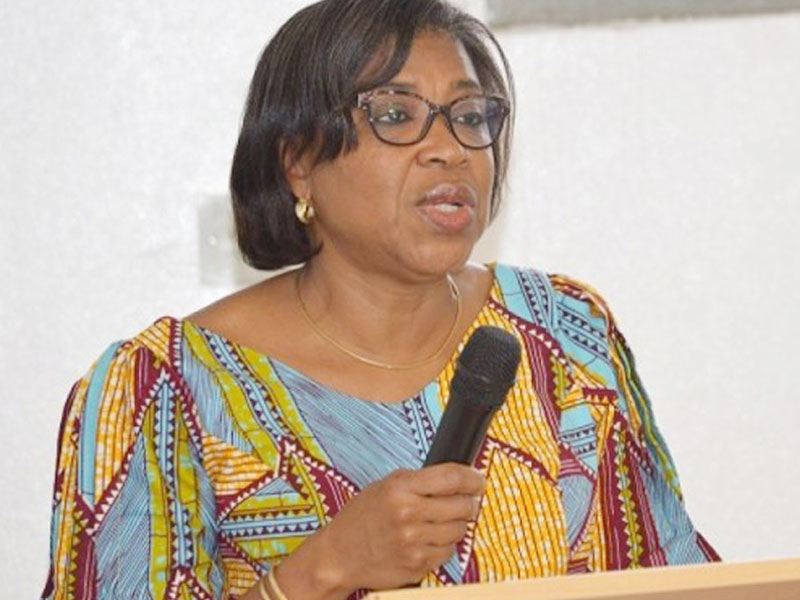Debt burden genuine concern, affecting Nigeria’s dev’t – DMO
The Debt Management Office (DMO) has disclosed that Nigeria must take strong measures to increase revenue and reduce expenditure in order to address its borrowing and debt burden. The Director General (DG), DMO, Patience Oniha disclosed this while responding to enquiries from the Deputy Chairman, House of Representatives Committee on Finance, Sa’idu Musa Abdullahi on […]

Ms Patience Oniha, DG, Debt Management Office
The Debt Management Office (DMO) has disclosed that Nigeria must take strong measures to increase revenue and reduce expenditure in order to address its borrowing and debt burden.
The Director General (DG), DMO, Patience Oniha disclosed this while responding to enquiries from the Deputy Chairman, House of Representatives Committee on Finance, Sa’idu Musa Abdullahi on Thursday.
PDP crisis worsens as Wike insists on Ayu’s resignation
Concerns as Kenya’s court freezes Flutterwave accounts again
Oniha appeared before the committee to deliberate on the provisions of the Medium Term Expenditure Framework and Fiscal Strategy Paper (MTEF/FSP) 2023-2025.
The deputy chairman said there is a need to address the concerns being expressed by Nigerians over the increasing debt burden and continued borrowing.
He said: “I think what Nigerians would be interested to hear from DMO is our present financial situation. I think it is very important to use this opportunity to inform Nigerians of where we are.
Responding, the DMO DG said that Nigeria must as a matter of urgency develop measures to shore up its revenue and reduce its expenditure, especially overhead, which she said had been forcing the country to borrow to finance its budget deficits over the years.
Oniha said: “We have been running deficit budgets for many years. So, each time you approve a budget with a deficit, by the time we raise that money, it will be giving us the mandate to borrow. It will reflect in the debt stock.
“What we as DMO have been saying, particularly since 2020, when the MTEF for 2021-2023 was being prepared was that, let’s begin to look at revenues because as debt is growing, debt service is increasing.
“We can’t talk about borrowing without talking about revenues and we can’t say why the debt stock is growing. It is growing because we are running deficit budgets. And some of you may also be aware that we have been issuing Promissory notes to re-finance arrears of government, which are also coming to the National Assembly for approvals”.
“As at December 2020, the debt stock of Nigeria both the state governments and the Federal Capital Territory was N42.92 trillion, by December 2021, it was N39.55 trillion, as at March of this year, we published it quarterly, it was N41.60 trillion.
“I can give you an average. On average, for the federal government, it is about 35 per cent of the total. What I am saying is that the bulk of it was the federal government, 35 per cent is the federal government. That is the figure all the way from 2017.”
